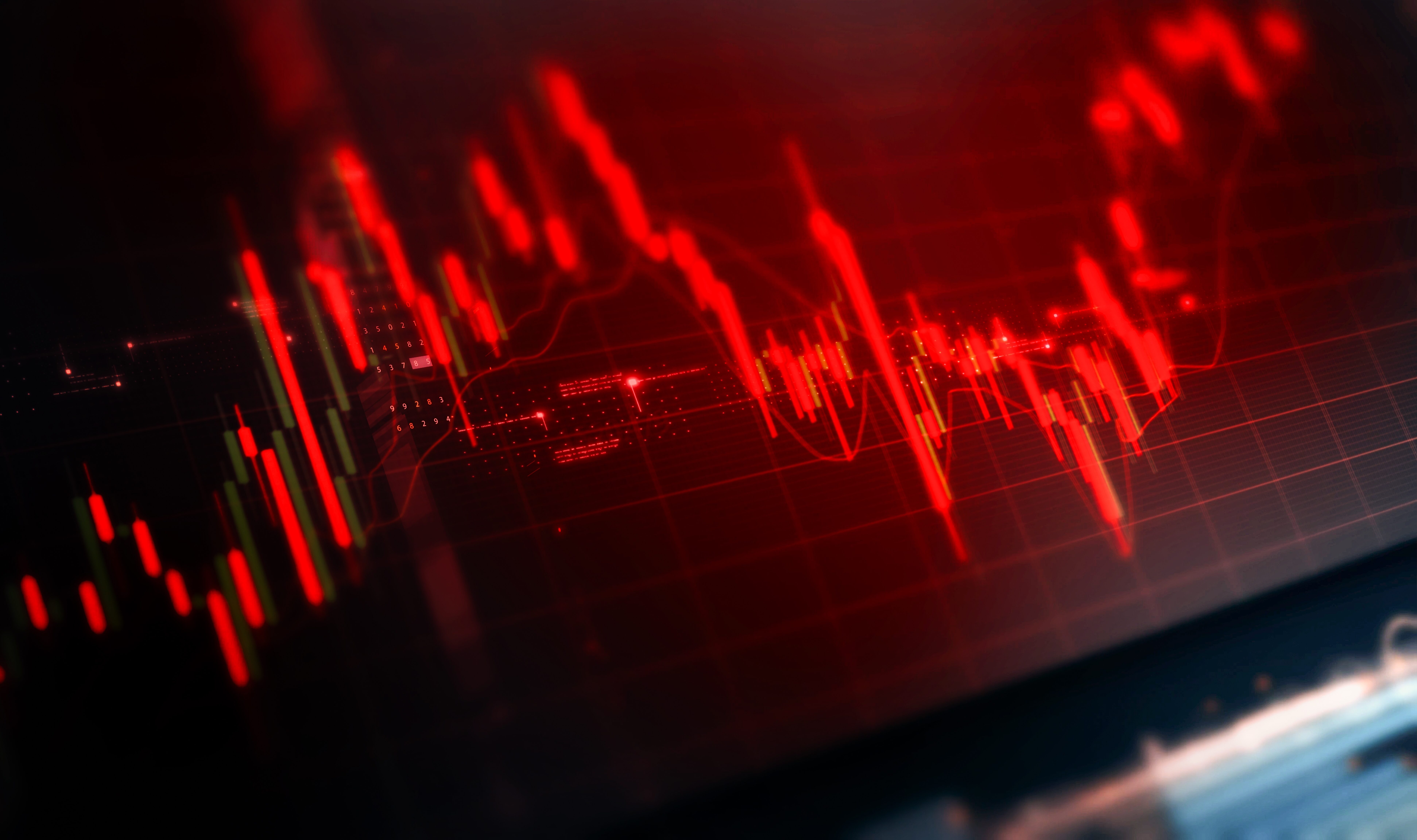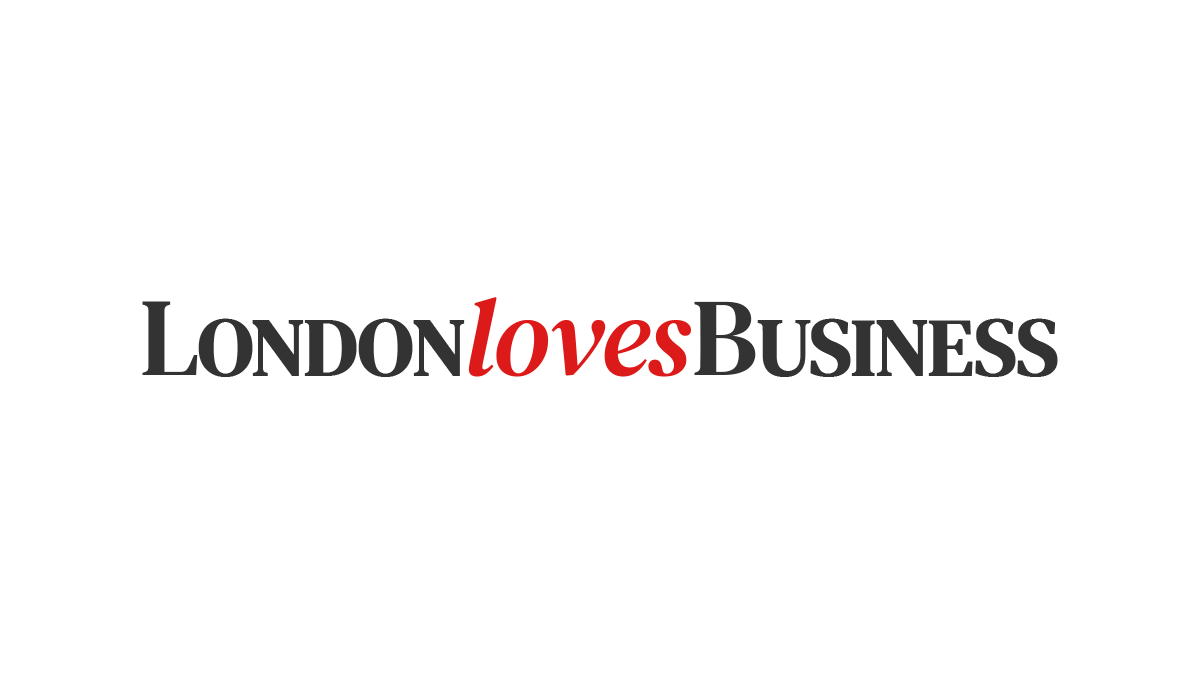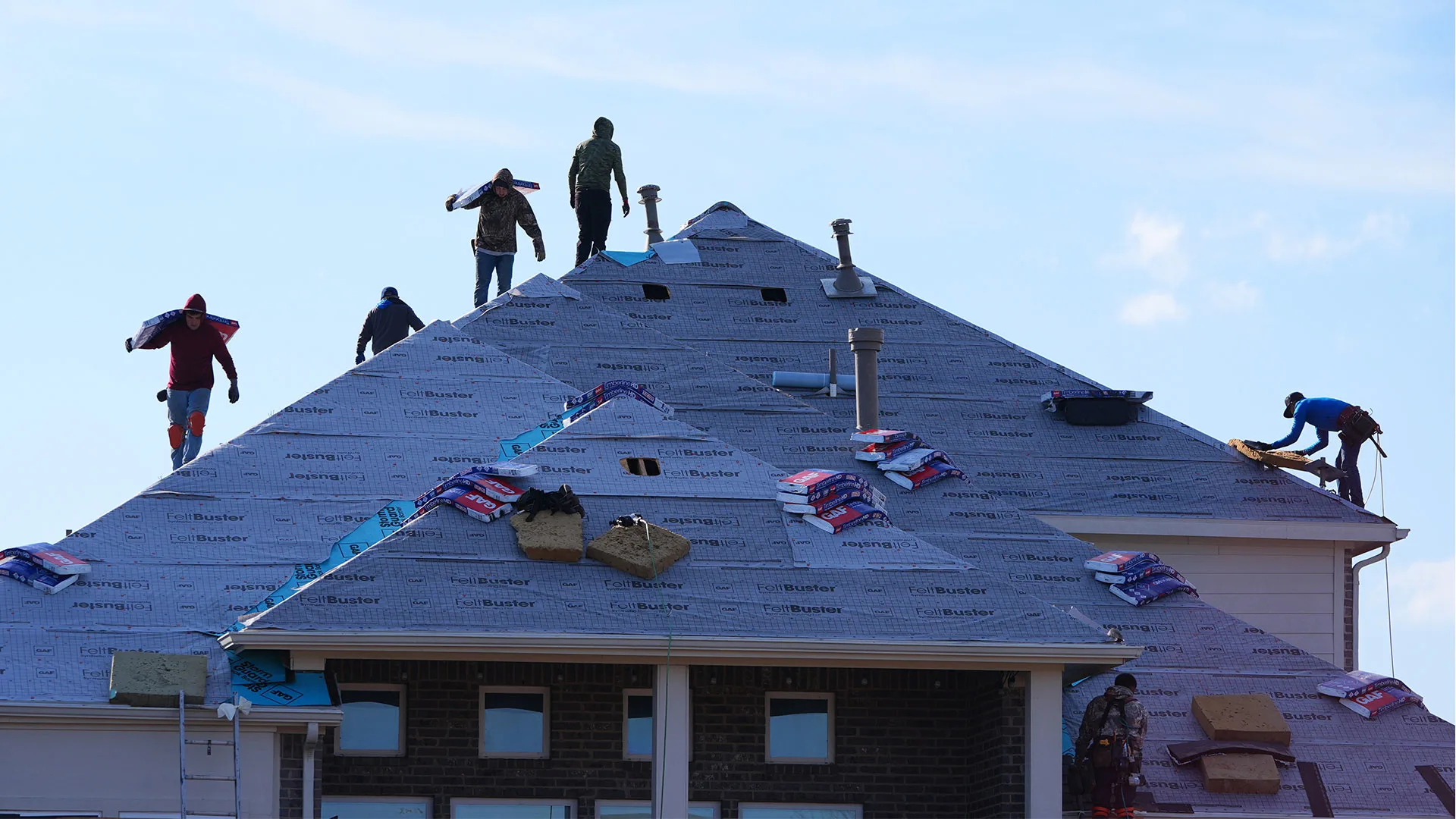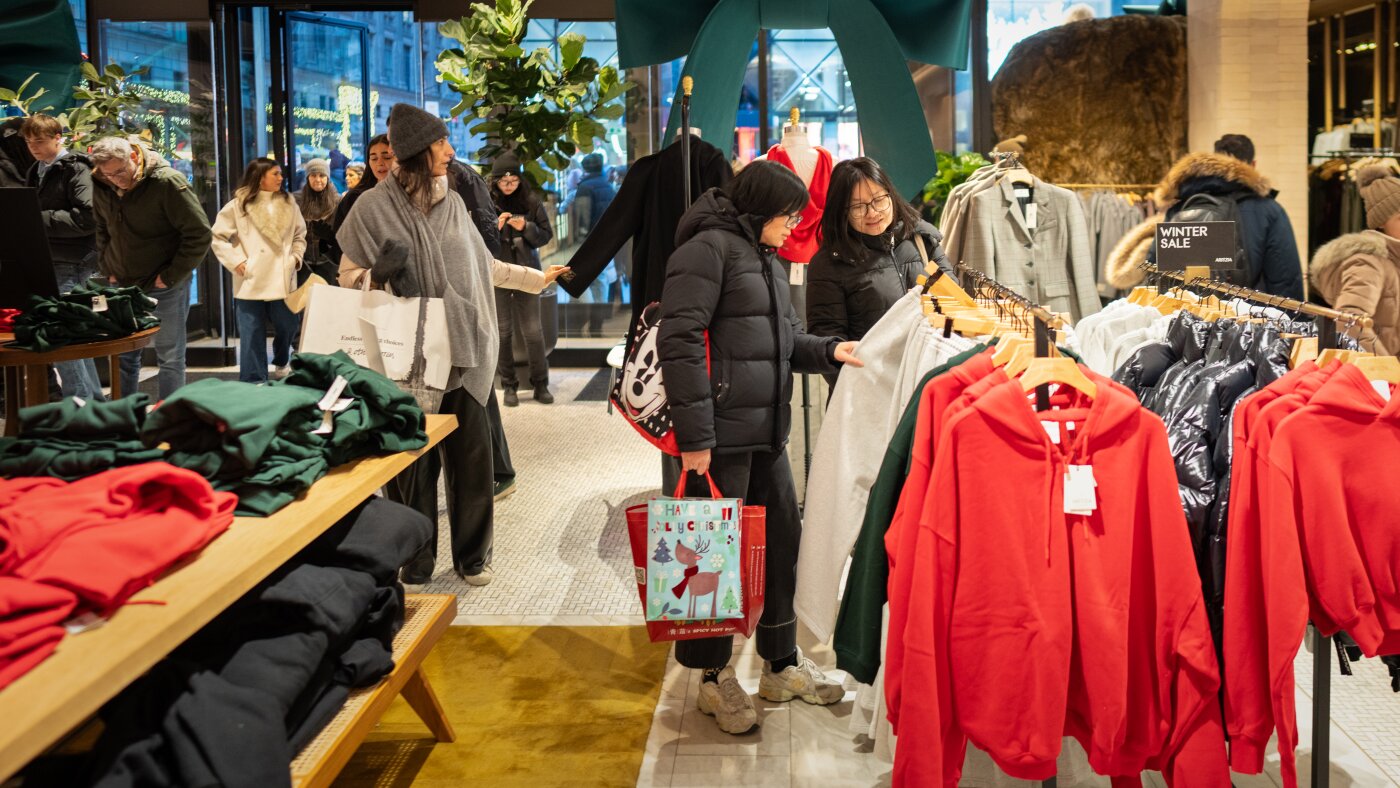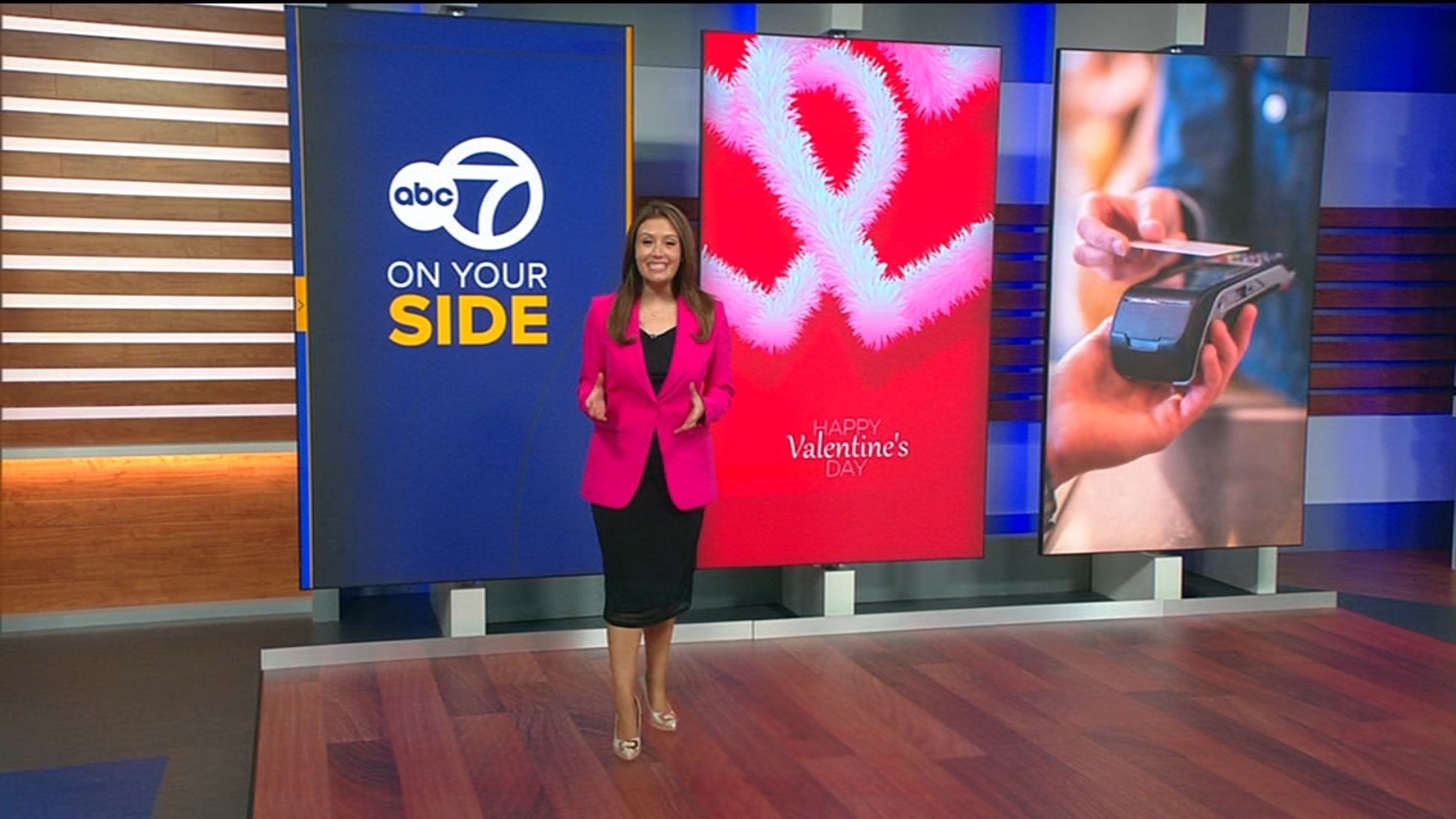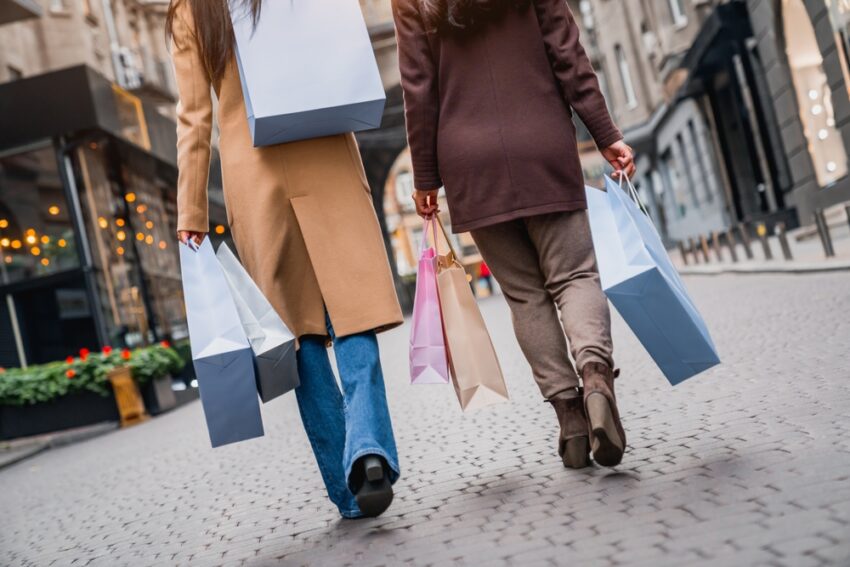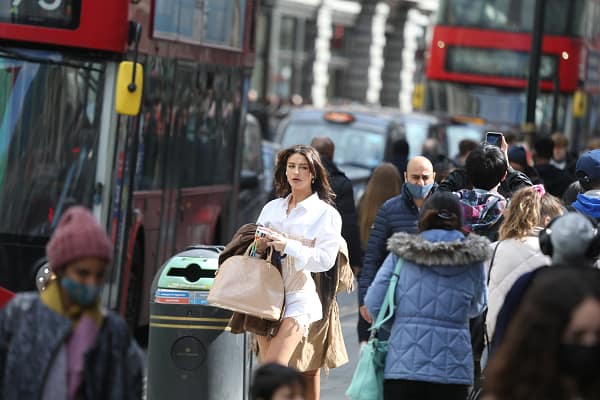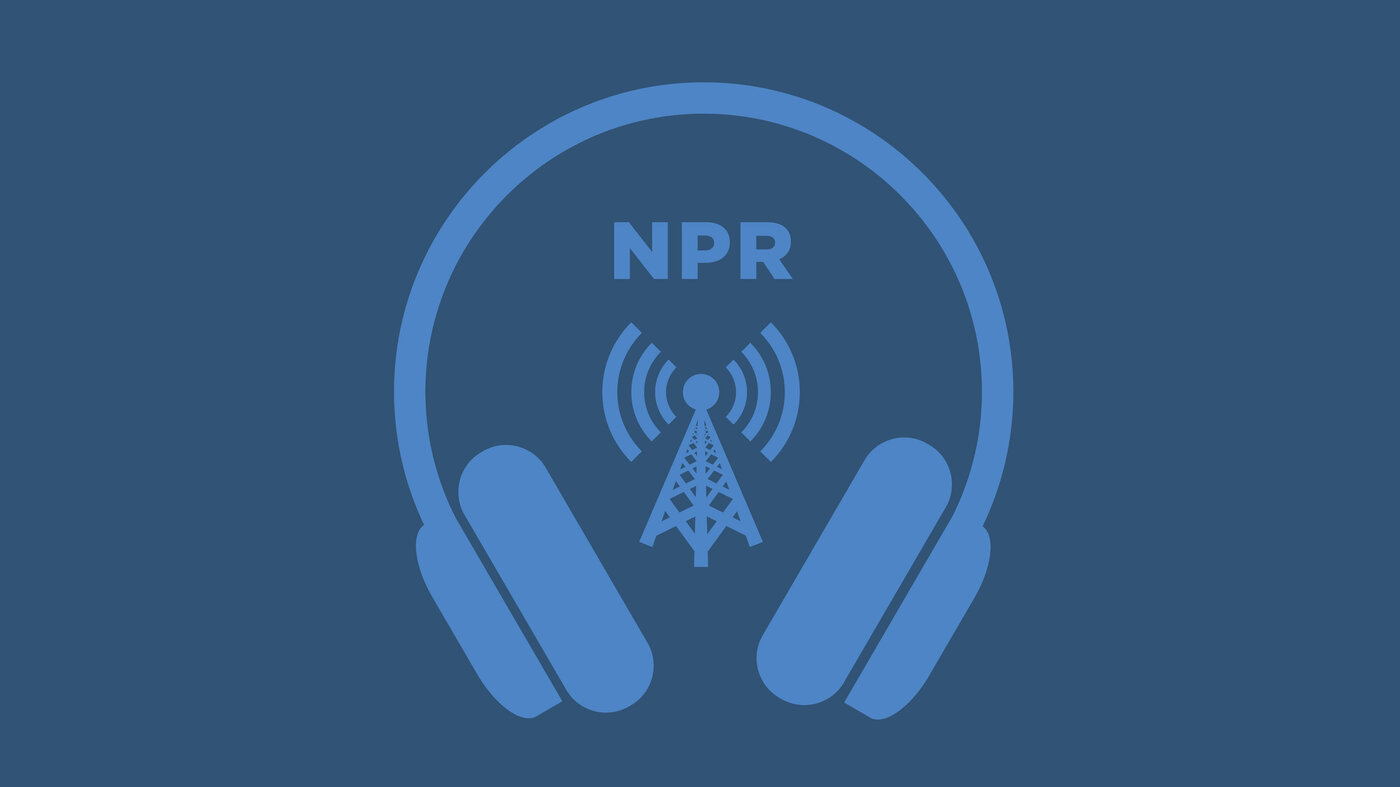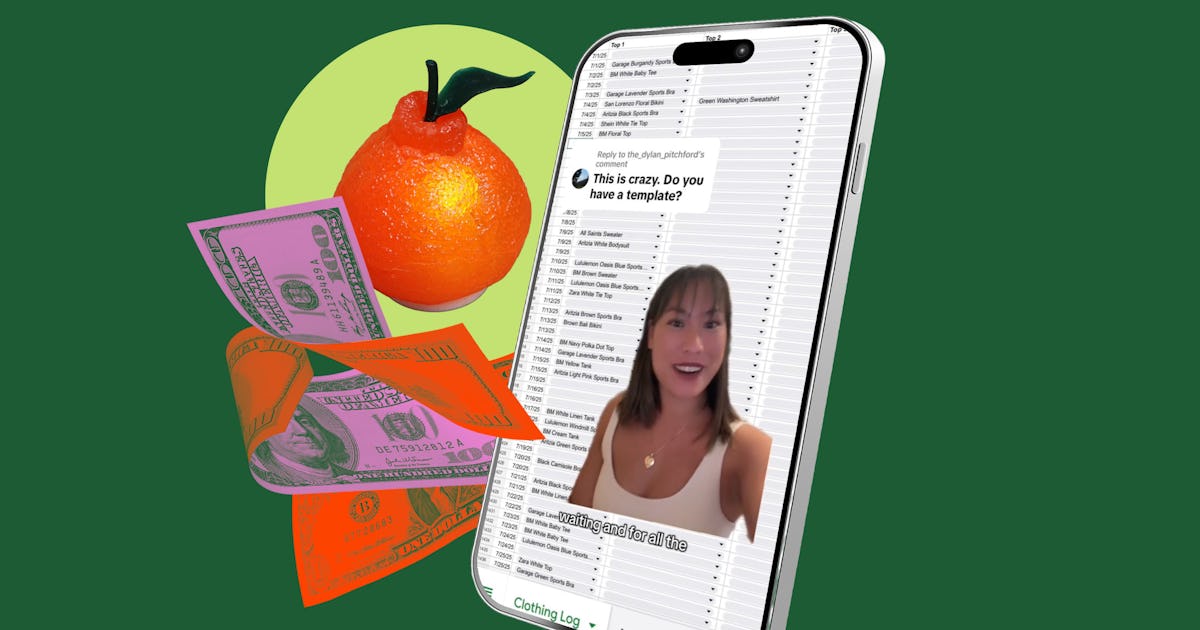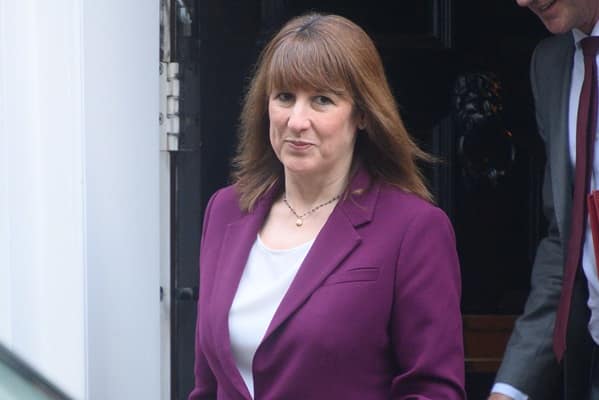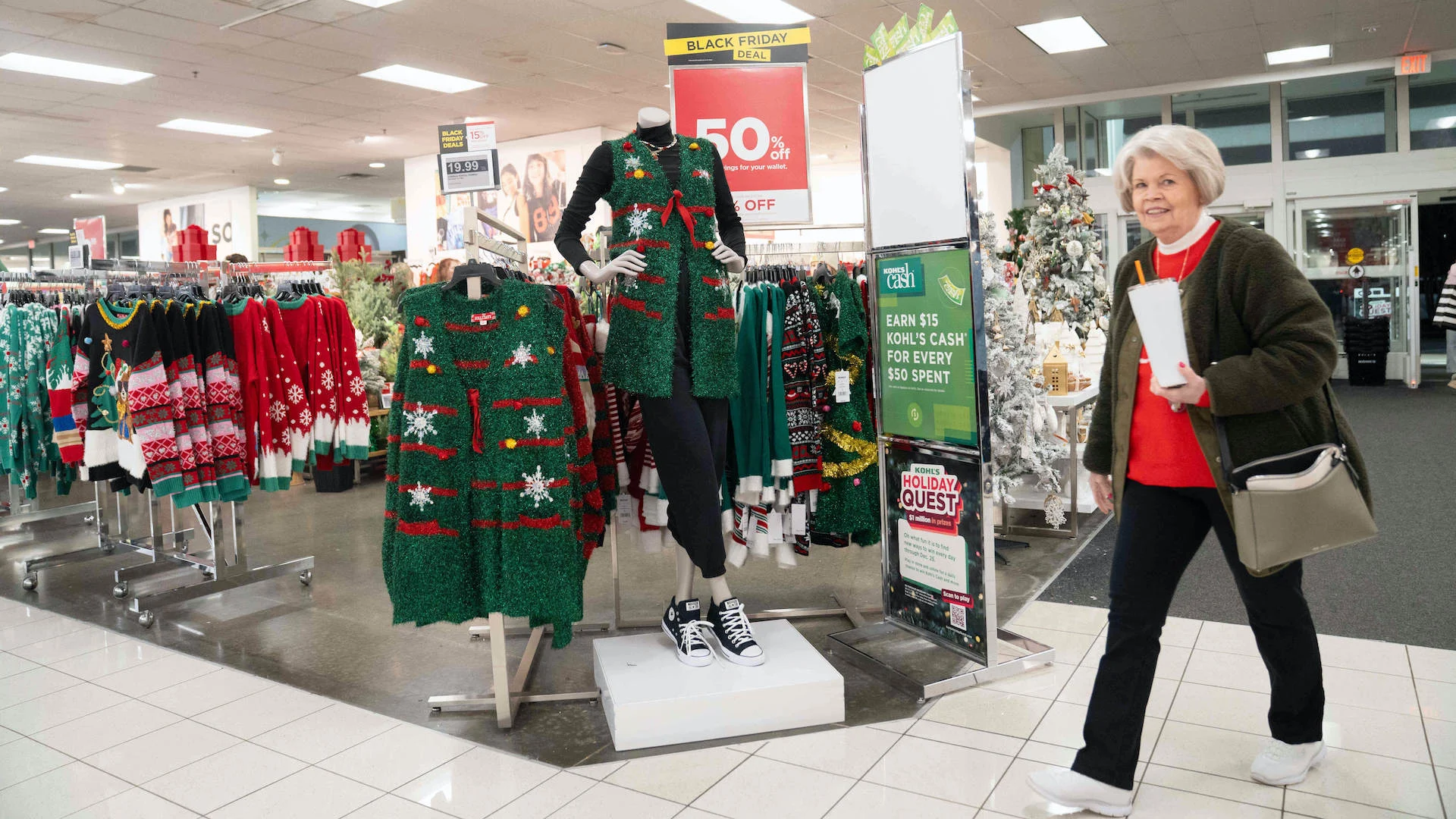#consumer spending
#consumer spending
[ follow ]
#consumer-spending #inflation #retail-sales #labor-market #personal-finance #income-inequality #k-shaped-economy
UK news
fromLondon Business News | Londonlovesbusiness.com
17 hours agoFood Shops Cost UK Households Over 6,000 Annually - London Business News | Londonlovesbusiness.com
UK households spend £119 weekly on food, a 23% increase from 2024, forcing 61% to cut back on purchases and 72% to sacrifice other financial commitments.
Business
fromLondon Business News | Londonlovesbusiness.com
5 days agoFlat sales in January after Christmas hangover for hospitality - London Business News | Londonlovesbusiness.com
Like-for-like sales at Britain’s leading managed restaurants, pubs and bars fell 0.1% in January 2026 amid post-Christmas pinch, bad weather and Dry January.
from24/7 Wall St.
1 week agoXRT Is Up 11% But the Real Story Is Which Retailers Are Winning
The SPDR S&P Retail ETF (NYSEARCA:XRT) tracks the S&P Retail Select Industry Index with equal-weighted exposure across 73 retail holdings spanning apparel, grocery, discount, and specialty retail. Unlike market-cap weighted funds, XRT's equal-weight structure means smaller retailers carry the same influence as mega-caps like Walmart. XRT has delivered 11.05% returns over the past year, but recent momentum has stalled - the fund is up just 2.47% year-to-date and has pulled back 3.34% over the past month, reflecting growing uncertainty about the consumer spending outlook.
Business
fromFortune
1 week agoMarriott's CEO identifies a 'fundamentally permanent shift' for Americans: Even low-income families are stubbornly hanging on to vacations | Fortune
"We continue to see extraordinary demand for travel and experiences," Capuano told Yahoo! Finance. "It feels like a fundamentally permanent shift that consumers are prioritizing spending on travel and experiences versus purchase of hard goods." The hotel chain expects earnings growth in 2026, with revenue driven by adding rooms to its portfolio and higher co-branded credit card fees. While U.S. business was slightly weaker in the fourth quarter due to the government shutdown, Capuano says the fundamentals remain strong.
Business
UK news
fromLondon Business News | Londonlovesbusiness.com
2 weeks agoJanuary sales boost for shoppers and retailers - London Business News | Londonlovesbusiness.com
UK total retail sales rose 2.7% year‑on‑year in January, driven by food and in‑store non‑food gains while online penetration reached 37.2%.
Business
fromSilicon Canals
2 weeks ago8 everyday spending choices that quietly keep middle-class households under pressure - Silicon Canals
Small, normalized recurring expenses—especially subscription creep—accumulate into substantial monthly costs that significantly strain middle-class household finances.
from24/7 Wall St.
3 weeks agoThis is Why Finance Coach Suze Orman is Still Frugal
"For you to have money, you have to learn to live below your means but within your needs. How do you do that? You do that by simply purchasing needs versus wants. What is a need? Need is food that you buy at a grocery store. What is a want? A want is going out to eat at a restaurant and doing it over and over again."
Retirement
fromFuturism
3 weeks agoTech CEOs Say AI Is Ushering in an Age of Abundance, But Instead the Evidence Shows That It's Pushing Down Wages
As economist Dean Baker explains for the Center for Economic Policy and Research, for AI companies' current valuations to make sense, they'd need profit growth over the next five years that requires one of two things: either AI starts bringing in cash by the truckload, or profits for all the other corporations in America collapse. Both prospects seem extremely unlikely, yet the AI investments keep coming - and they seem to be dragging American workers into an economy their wages can't support.
Artificial intelligence
US politics
fromFortune
1 month agoJamie Dimon says he'd have no issue paying higher taxes if it actually went to the people who need it-right now it just goes to the Washington 'swamp' | Fortune
Double the earned income tax credit as a negative income tax, funded by higher taxes on the wealthy, to increase spending for lower-income households.
fromBusiness Insider
1 month agoFrom the job market to inflation, here's how the first year of Trump's economy looked in 7 charts
Donald Trump became president for the second time on this day in 2025. With that came a lot of new economicplans for trade, immigration, and the federal workforce. Elizabeth Renter, a senior economist at NerdWallet, said uncertainty from actual or potential policy changes affected consumers, job seekers, and small to midsize businesses. "There was a lot of guesswork happening in 2025, and then you add to that mix issues with economic statistics, and sort of reading the tea leaves to figure out where the economy is headed amidst all this change became increasingly difficult," Renter said.
US politics
US news
fromFortune
1 month agoEconomy is marginally improving, says the Fed, but only because rich consumers are splurging on luxury items and holidays | Fortune
U.S. economic activity rose slightly to modestly across most Federal Reserve Districts, driven by higher-income spending while lower- and middle-income consumers pulled back.
fromBusiness Matters
1 month agoUK retailers suffer 'drab December' as non-food Christmas sales disappoint
New figures from the British Retail Consortium (BRC) show overall retail sales rose by just 1.2% in December compared with a year earlier - well below the 12-month average growth rate of 2.3%. While food sales proved resilient, demand for non-food items such as clothing, electronics and gifting products fell flat at the most critical time of the year. Non-food sales slipped by 0.3% year on year in December, a sharp reversal from the 4.4% growth recorded in the same month in 2024.
UK news
fromBoston.com
1 month agoBay State business outlook remains gloomy entering new year
Companies across the state say rising operating costs continue to squeeze their outlook, according to the latest Associated Industries of Massachusetts Business Confidence Index. Confidence in both the state and U.S. economies has dropped more than 15 points from a year ago, even as consumer spending holds steady and business investment shows resilience. "Consumer spending has remained relatively resilient, supported by steady job growth, rising real wages in some sectors, and strong balance sheets among higher-income households," said Sara Johnson, chair of the AIM Board of Economic Advisors.
Business
Beer
fromFortune
1 month agoMolson Coors CEO: We're doing our part to solve society's 'occasion problem' - and we're getting some unexpected help | Fortune
Declining social occasions, driven by economic strain and rising loneliness, threaten beer demand and the social rituals that bring people together.
fromForbes
1 month agoSalesforce Holiday Survey Sees Surge In Use Of AI Agents
According to a new survey by Salesforce, consumers spent a record-breaking $1.29 trillion globally, and $294 billion in the U.S., amid higher average selling prices, up 7% year-over-year, during the recent holiday season. Sales growth reached 7% globally and 4% in the U.S., indicating that consumer appetite remained strong from the start of the season through the end. Order volumes were also up, 3% globally and and 1% in the U.S.
E-Commerce
fromBusiness Matters
2 months agoBoxing Day sales set to fall by 1bn as cost-of-living pressures bite
Boxing Day sales are expected to deliver a £3.6 billion boost to UK retailers this year, around £1 billion less than in 2024, as cost-of-living pressures continue to weigh on household spending. The forecast comes from Barclays, which tracks nearly half of all credit and debit card transactions across the UK. The anticipated decline represents a blow to retailers during their all-important "golden quarter", traditionally the most lucrative period of the year.
UK news
fromBusiness Insider
2 months agoHere's how much the economy grew in the third quarter of 2025
US real gross domestic product rose at an annualized rate of 4.3% in the third quarter, exceeding the 3.3% expected and more than the 3.8% growth in the second quarter. "The increase in real GDP in the third quarter reflected increases in consumer spending, exports, and government spending that were partly offset by a decrease in investment," the Bureau of Economic Analysis said.
US news
UK news
fromLondon Business News | Londonlovesbusiness.com
2 months agoWhat the rate cut means for consumers and the UK economy - London Business News | Londonlovesbusiness.com
Bank of England cut the base rate to 3.75% to prioritise financial stability amid downturn, rising unemployment and weak consumer spending despite inflation above target.
US politics
fromNonprofit Quarterly | Civic News. Empowering Nonprofits. Advancing Justice.
2 months agoOn Boycotts and Blackouts, Mobilizing and Organizing: Understanding the Basics | Nonprofit Quarterly | Civic News. Empowering Nonprofits. Advancing Justice.
Mass consumer boycotts produce limited immediate economic impact; targeted boycotts can be more effective within sustained movement strategies.
fromBusiness Insider
2 months agoRussia's wartime consumer boom is cracking as shoppers tighten their wallets
After years of wartime splurging, Russian shoppers are tightening their grip on their wallets - a shift that hints at growing stress in the country's economy. Growth in consumer spending has weakened across most regions, the Central Bank of Russia said in a report published Wednesday. In October and November, demand softened even as unemployment remained near historic lows and inflation expectations ticked higher.
Careers
fromwww.theguardian.com
2 months agoUK households bin 168m Christmas lights and fast tech' items a year
The research by the non-profit group Material Focus found about 1.7bn was spent last year on Christmas lighting, including 39m sets of fairy lights. Consumers bought a further 28m light-up items such as garlands, wreaths, stars and snow globes, along with 23m light-up figures and characters and 16m pre-lit Christmas trees.
Environment
fromGameSpot
2 months agoThese Are The Consoles And Games People Want The Most For The Holidays, Analytics Firm Says
A report from Adobe Analytics said video games and consoles are expected to be among the "key drivers of holiday spending" this year in the US, with seven products overall singled out. Ranked in no particular order, the top seven most sought-after gaming items for Holiday 2025 are: Nintendo Switch 2 PlayStation 5 Xbox Series X Donkey Kong Bananza Madden NFL 26 NBA 2K26 Call of Duty: Black Ops 7
Gadgets
[ Load more ]
